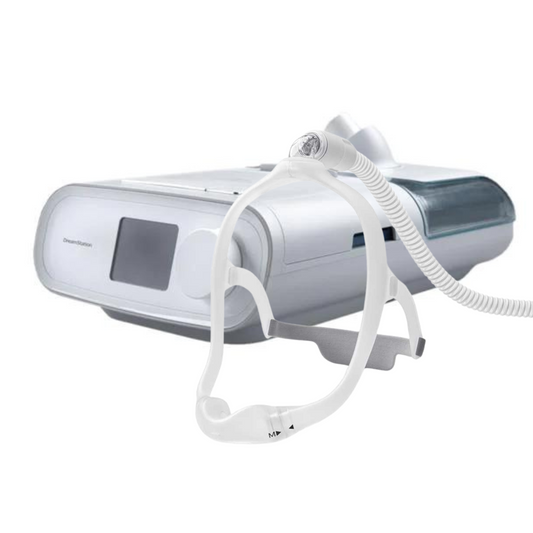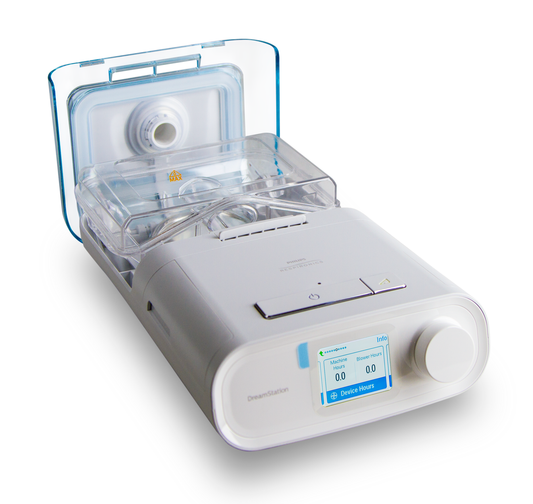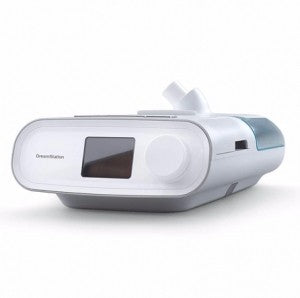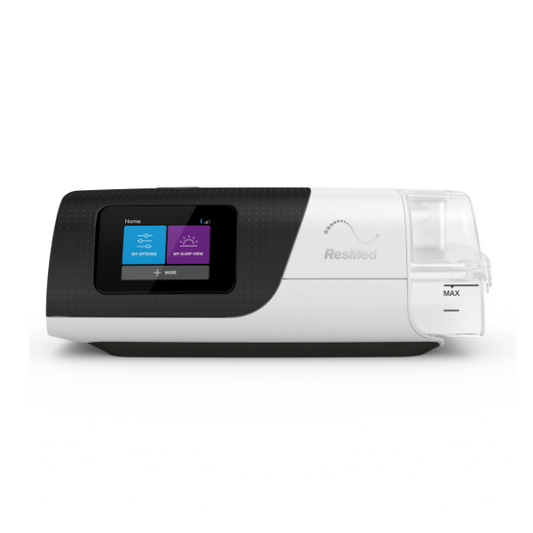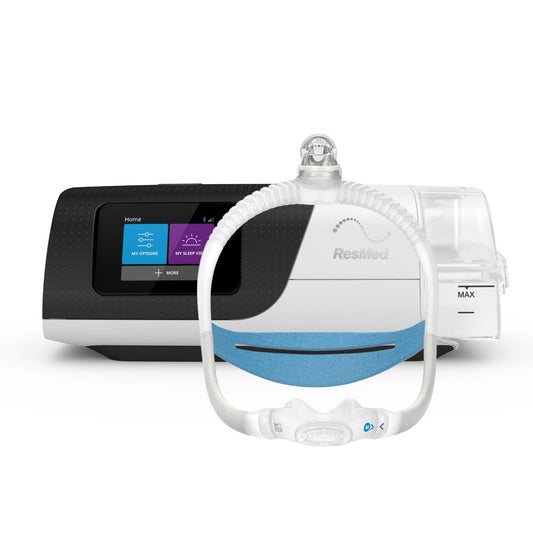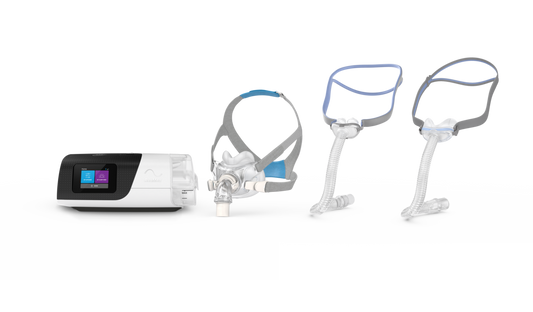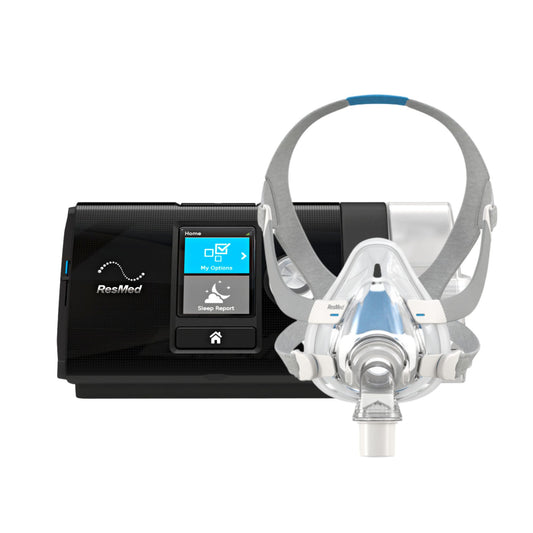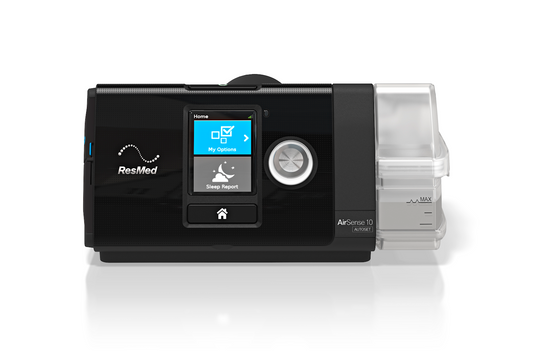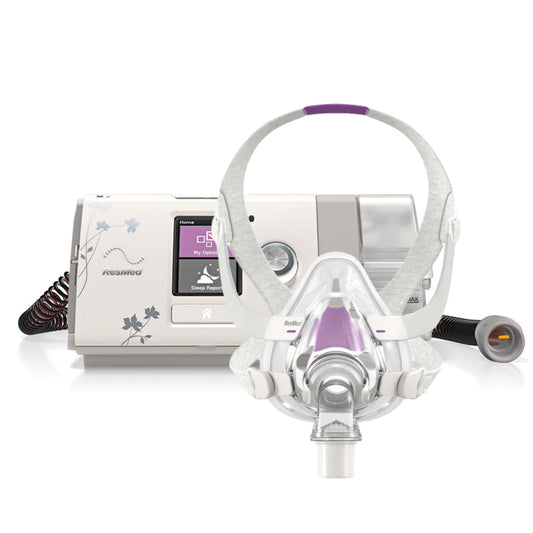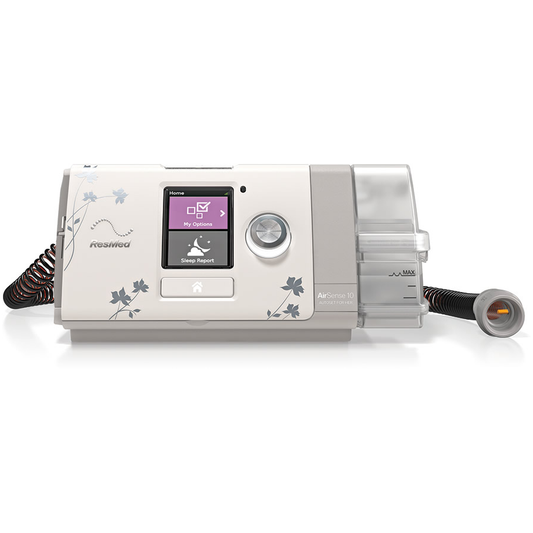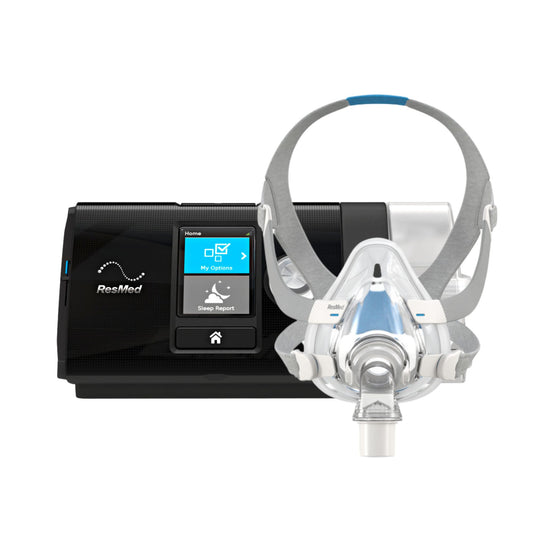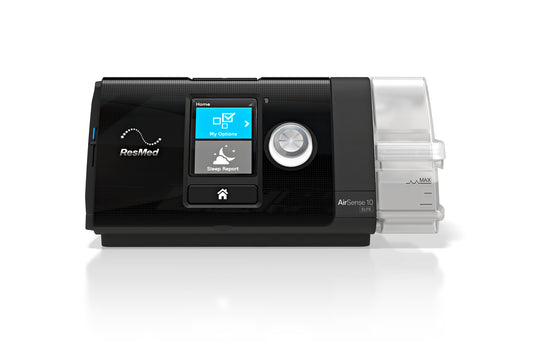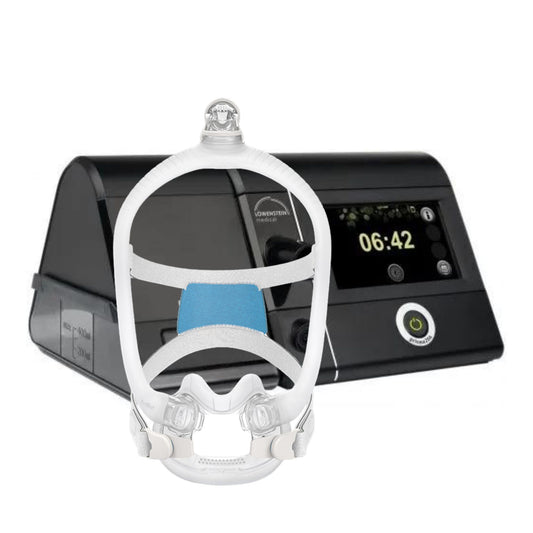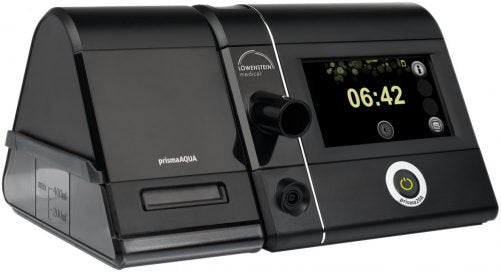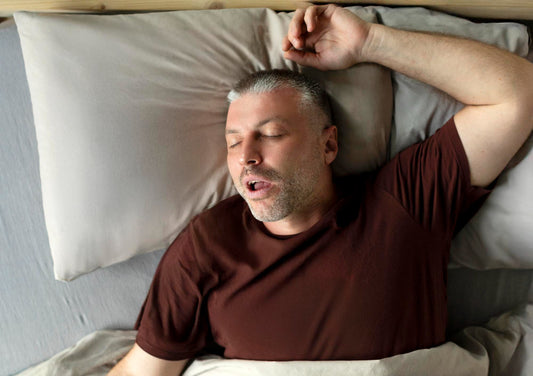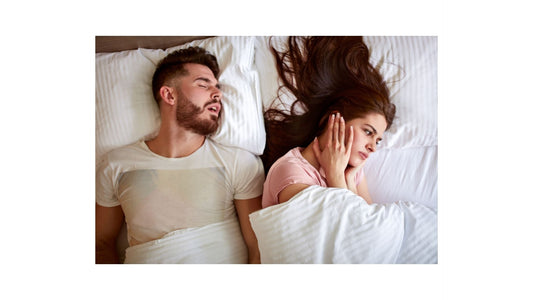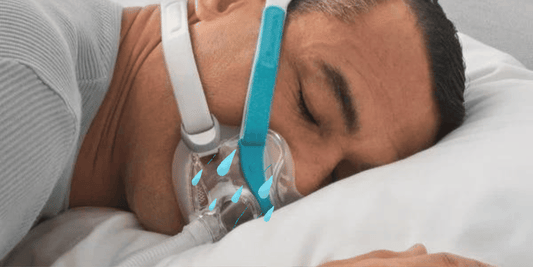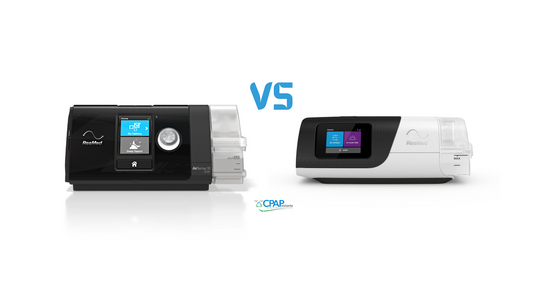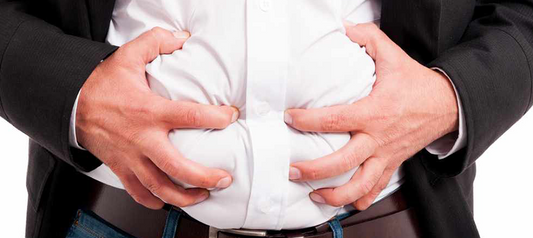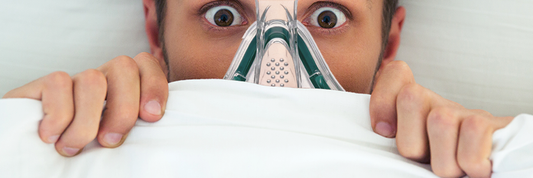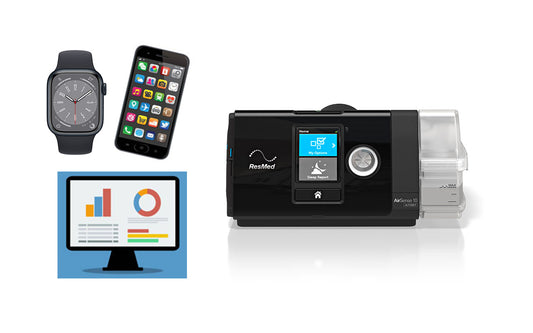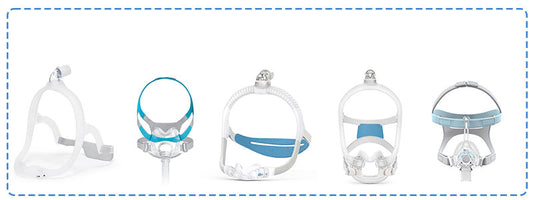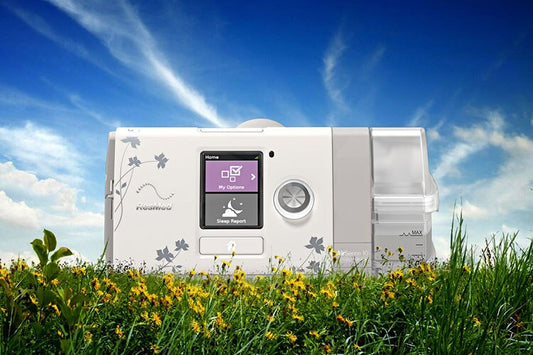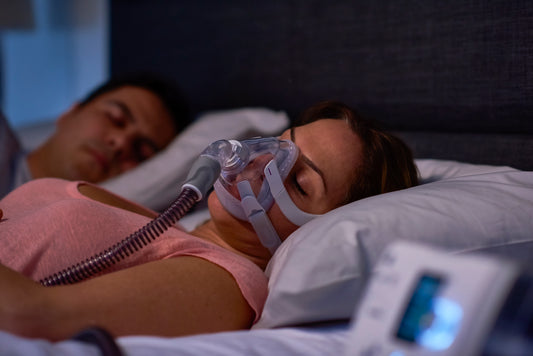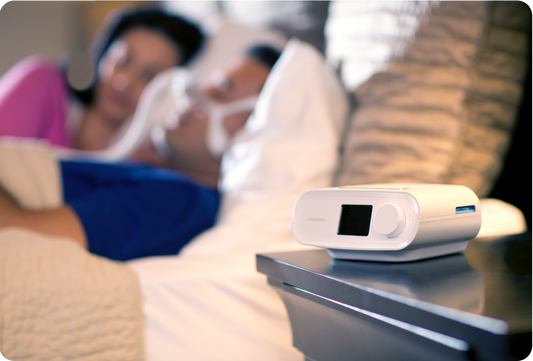A polysomnogram (PSG), commonly known as a sleep study, is a dedicated method to monitor the various physiological changes in the body while one is sleeping. This type of study helps sleep doctors investigate and diagnose sleep disturbances that occur during sleep. These sleep disturbances may be medical conditions that cause daytime sleepiness and tiredness, disrupted sleep, memory lapses, loss of concentration and other comorbidities that are linked to lack of sleep.
PSG is a non-invasive procedure. The sensors used may cause minor skin irritations to some, but the discomfort is insignificant. The comfort and safety of patients during the testing are ensured as trained and qualified staff are on duty during the diagnostic test.
Physiological processes that are measured during a PSG diagnostic test include: electrocardiogram (ECG), electroencephalogram (EEG), electrooculogram (EOG), electromyogram (EMG), nasal and oral airflow, leg movements, snoring and other sounds, and position of the body.
There are several types of sleep studies available.
Diagnostics Sleep Studies
Diagnostic Sleep Studies include overnight and daytime diagnostics. An overnight diagnostic PSG sleep study is the most common. It involves non-invasive sensors attached to key points to diagnose obstructive sleep apnoea (OSA), snoring, sleep-state misperception, limb movement, and other sleep disorders. This test also helps in qualifying narcolepsy, insomnia, restless leg syndrome and idiopathic hypersomnolence. For patients whose work calls for them to work during the day, a daytime diagnostic sleep study is done.

MSLT or Multiple Sleep Latency Test
This is a daytime sleep study favoured for diagnosing hypersomnolence and narcolepsy. An MSLY is usually done following an overnight PSG. The diagnostics entail from 4 to 5 periods of napping at intervals of 2 hours during the day. This test measures and records eye movements and brain waves to diagnose sleep stages and sleep times.
Electroencephalograms or EEG
This test will determine and measure convulsions, seizures, and other abnormal movements during sleep. The test is recorded and analysis of the results by a qualified physician is done after the EEG.
MWT or Maintenance of Wakefulness Test
This test is for assessing a patient’s ability to stay awake during the day. It is usually done after a patient has undergone or is undergoing treatment for his sleep disorder. Done after overnight PSG, MWT calls for four 40-minute test episodes on intervals of 2 hours during the day. Eye movements and brain waves are measured to determine the patient’s sleep state and wakefulness. This test is most helpful for determining if a patient is safe to drive.
CPAP, BiPAP, APAP Titration Studies
A CPAP titration test is for determining the CPAP pressure of patients prescribed to undergo CPAP therapy. The correct CPAP pressure is needed to control obstructive respiratory episodes and snoring. Sensors much like the ones used in PSG are used for a titration test. BiPAP and APAP titration studies are like CPAP titration studies, as they also determine the correct BiPAP or APAP pressure for effective therapy.
Find a clinic or call us now for a consultation at 1300 750 006.
